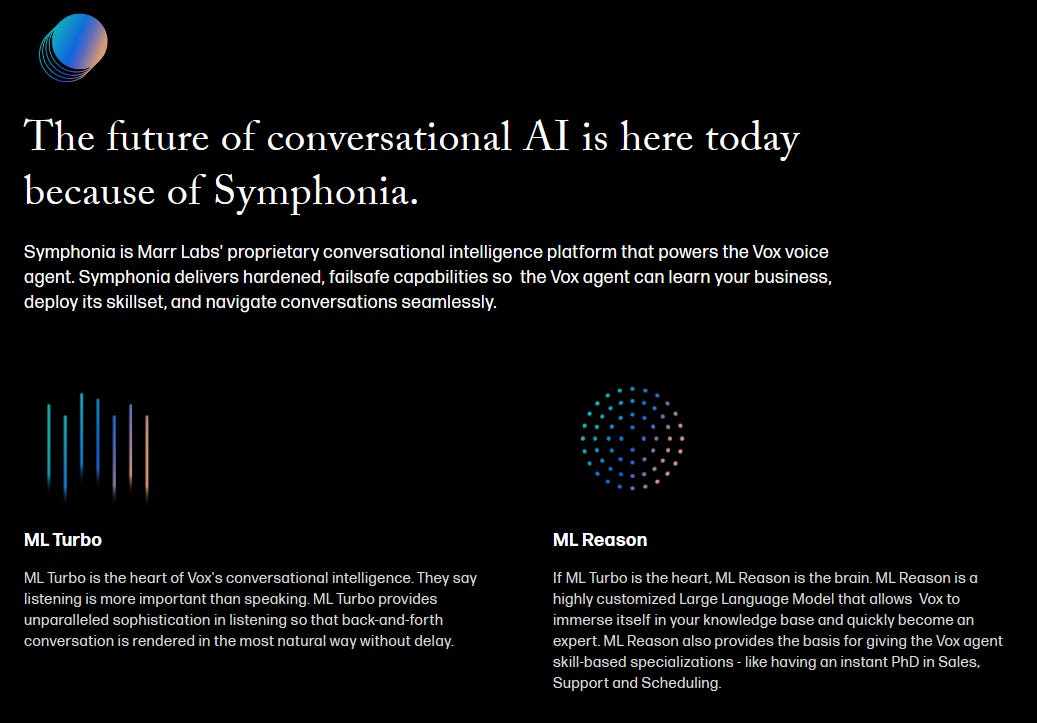YC W24 Batch
AI is the name of the game.
Over 27,000 startups applied to the YC W24 batch, and only 260 were accepted (<1% acceptance rate), one of the most selective in YC history.
Notably, this batch saw a significant surge in AI startups, with more than 50% of the accepted companies working on AI, nearly double that of W23 and nearly tripe of W21.
“Why so much AI for YC? It’s simple: YC invests in the best founders in the world, and many of today’s best founders are choosing to build in AI. These founders are constantly discovering new, incredible, practical uses for AI and LLMs that solve problems across industries.
We can now do things with software that weren’t possible just a year or two ago — and we’re still in the very early days! AI is a catalyst unlike anything we’ve seen in a long, long time; what the Internet did for startups in the 90s, and smartphones did in the 2000s, AI is doing once again.”
Garry Tan, YC CEO
W24 by the numbers:
Verticals:
65% in B2B SaaS / Enterprise
11% in Consumer
10% in Healthcare
8% in Fintech
4% in Industrials
1% in Govtech
1% in Edtech
Demographics:
Asian: 25%
Black: 4%
Hispanic: 2%
Middle Eastern: 5%
Multi-racial: 10%
South Asian: 18%
White: 36%
Other Stats:
57% are Serial Founders
29% have Masters Degrees
7% have Doctorate Degrees
84% Male
16% Female
28 years, average current age of YC W24 Founders
63% are "AI"
38% are B2B
52% of founders have a CS degree
58% have two founders
58% are based out of SF
34% went to a Top 10 University
2% are MIT alumni
11% are Stanford Alumni
46.25% founded by FAANG employees
My favorite YC W24 startups:
Marr Labs
What they do.
Marr Labs, a speech technology company, founded by Han and Dave, is working on creating AI-voice agents that are nearly identical to humans. They previously developed Vlingo, which powered the original Siri app and was sold for $225M.
With Marr Labs, they aim to take voice technology to the next level by creating AI-voice agents that can perform a wide range of phone-based tasks such as scheduling appointments, answering calls, and working in call center sales and support jobs, at a much lower cost than human agents.
This technology has a potential market of $85 billion in the US alone where businesses handle roughly 17 billion calls annually at an average cost of $5 per call.
Why I like them.
Calling customer support can often be a frustrating experience.
In my experience, there are two types of scenarios that can occur. On one end, you may speak to a human and receive either an amazing experience or the worst experience of your life. There doesn't seem to be a middle ground.
Alternatively, you may speak to a robot that has limited capability to do anything other than take simple, nearly binary, orders. If you're unable to get through to a human, your problem typically persists, and you end up furious.
AI can solve this as it learns from its mistakes, gets smarter over time, can access a vast amount of information in real-time, doesn’t get tired, doesn’t get moved by feelings or emotions, and could become smart enough to understand when to escalate to a real person.
Fume
What they do.
Fume is an AI software developer designed to 10x your software engineering efficiency. It does this by answering your technical questions, providing detailed, step-by-step solutions, and even automating code changes.
It's almost like magic.
Fume is an expert on everything your engineers need. It can help your engineers solve any problem, take the driver’s seat, and automate solutions end-to-end.
Why I like them.
I firmly believe that AI won’t replace us any any time soon. But I am certain AI will severely disrupt certain industries, and the demand for some roles will be dramatically reduced.
However more often than not, you won’t lose your job directly to AI but rather to a human who uses AI.
So, if this AI can 10x a software engineer, you can bet on those using tools like Fume replacing those that don’t.
Pythagora
What they do.
Pythagora is an open-source tool designed to simplify app development. Using LLMs to automate workflows like debugging and refactoring, it interacts with users to gather feedback and refine app specifications.
As an extension of the widely recognized GPT Pilot, which boasts over 22,000 Github stars, Pythagora streamlines the app creation process. You begin by describing your desired app, and through a series of questions, Pythagora drafts detailed specifications. It then codes, iteratively refining based on your testing feedback, until the app is completed and the code is committed. This approach ensures a seamless development process, efficiently turning ideas into fully functional apps.
Why I like them.
The technology gap is real, and building apps is no easy task.
It’s typically out of reach for most people as you require computer programming skills. You could always build an app with low code or no code tools such as bubble.io or Airtable, but truth be told, they tend to be quite complicated or limited for most users.
Enabling users to communicate in natural language with AI to create apps from scratch can bridge the technology divide. I’ve always thought that anyone can be an entrepreneur, but this takes it to another level by allowing anyone to build an app that can become a successful startup.
Special thanks to our sponsor:
Axented helps businesses design, build, and scale their products and teams worldwide.
With over 10 years of experience and a diverse portfolio of more than 300 projects delivered in over 15 countries, Axented has established itself as a trusted partner in the tech industry.
Renowned for its expertise and commitment to excellence, Axented provides innovative solutions to help businesses thrive in a digital world.










